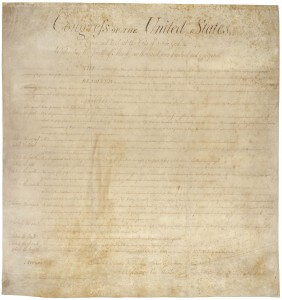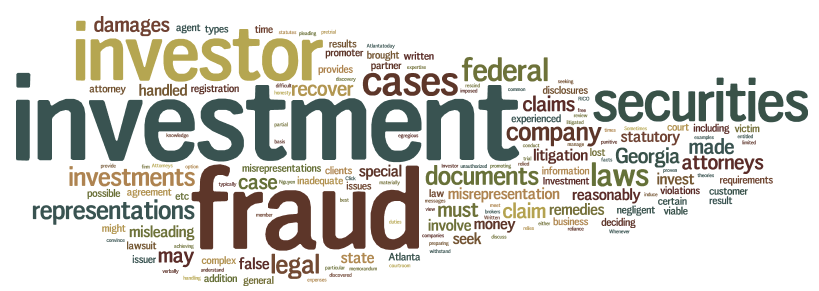 It has been said that love knows no bounds. In this day and age of modern technology, it has become increasingly clear that love does not recognize geographical boundaries either. With more couples meeting online through dating websites, Facebook, Skype, and numerous other social sites, the number of people falling in love and maintaining international long-distance relationships is growing. Though miles and even oceans may physically separate you, do not let the mountain of paperwork required for a Petition for Alien Fiance(e), or Form-I129F, keep you apart.
It has been said that love knows no bounds. In this day and age of modern technology, it has become increasingly clear that love does not recognize geographical boundaries either. With more couples meeting online through dating websites, Facebook, Skype, and numerous other social sites, the number of people falling in love and maintaining international long-distance relationships is growing. Though miles and even oceans may physically separate you, do not let the mountain of paperwork required for a Petition for Alien Fiance(e), or Form-I129F, keep you apart.
Brownstein and Nguyen are experienced immigration lawyers in Atlanta. With over twenty years practicing immigration law, we have helped bring countless families and loved ones together. We have assisted with family immigration (green cards), visas for spouses and minor children, removal hearings, and citizenship and naturalization processes. We realize how crucial following all the necessary procedures and legal guidelines is, and we give each client the utmost attention as we know that family immigration is deeply personal.
While it is possible to complete the required paperwork to guide a Form-I129F through U.S. Citizenship and Immigration Services without the help of a lawyer, having legal expertise and experience on your side can be important. Often, mistakes made on the initial application or later in the process can be very difficult to overcome. We advise clients of the best legal avenue for their particular circumstances and assist in properly completing the correct application and submitting subsequent evidence, if necessary, so a petition has the best possible chance of being approved without additional delay or problems. With the specific requirements and potentially tricky legal issues that can be involved in a fiancee visa, it is important to consult with an experienced immigration attorney familiar with the procedures, timelines and legal requirements associated with this type of visa.
Contact Brownstein and Nguyen for a consultation today. We will gladly assist you in your pursuit of bringing your fiance(e) to the United States so that you can begin your life of happily ever after – sooner rather than later.









